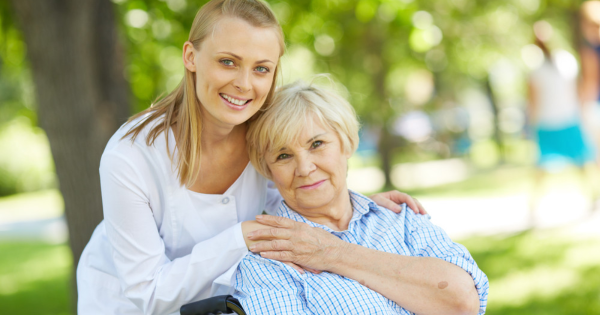When you’re a family member, caring for an elderly loved one can be difficult. Here are a few tips to help you adjust to your new role as a caregiver.
Look For Caregivers’ Guidance
It’s usual for you to feel confused and be overwhelmed. You may feel guilty or even incompetent at first. It’s important to find a reliable place to turn for advice. A professional caregiver can guide you through the maze of additional responsibilities and daily living activities. They can show you how to avoid common caregiving mistakes, take proper care of your loved one, and play a role in making the best use of your time. You can access this professional help by reaching out to a community center or caregiving center in your nearest city.
Make Self-Care a Priority to Reduce Caregiver Stress
Caregiving can be stressful. It takes an entire team of family members to help take care of your loved one, and stress can come in various forms. It could be as simple as your loved one forgetting to brush their teeth, which can result in teeth-related problems. Research shows that tooth decay is 20 times more common than diabetes and also five times more common than childhood asthma. Or, the stress can come from a financial standpoint. When you’re older, bills can pile up quickly. The more bills your family member accumulates, the more responsibilities you will have to handle.
Do Your Research on Any Health Conditions
Before you step in, you should know what medical conditions your loved one has and how to treat them. Sometimes, if you know how to manage an illness, you might prevent it from getting worse. It might seem too late if you don’t know about these conditions.
It would be best if you also learned about what medications your loved one needs, when they need them, and how to prevent adverse reactions. You should also know how to prepare your loved one’s prescriptions so they will be easy to take and how to dispose of old medications correctly.
Remember That You Are Human
Caring for elderly loved ones is one of the most rewarding yet challenging things you can do. That is why you shouldn’t take your mental health for granted. Remember that you are human. Everyone suffers at some point. Also, remember to take care of yourself. There’s nothing wrong with taking breaks. Find a quiet place and take a brief nap. Go for a walk or eat an apple. You should care for your well-being to make sure you will be at your best for your loved one.
Layout Ground Rules and Expectations
If you offer home care to an elderly person, establish ground rules and expectations before the caregiver’s arrival. When it comes to care services, the statistics are pretty telling. 51% of care recipients live in their own home, with 29% living with a family member and 4% living in a nursing home. Establish these ground rules and expectations early so there are no surprises during the caregiver’s visit. Make sure there is plenty of time for the caregiver to prepare before their arrival. Give the caregiver time to relax and decompress before coming in. Allow enough time to plan and do work on your caregiver’s behalf. Then, trust that the caregiver will take care of the tasks that your loved one needs help with.
Create Your Caregiving Plan
You’ll need to find the right way to take care of your loved one, especially if you haven’t done it before. First, talk to your loved ones about their daily routine and their health. Then, come up with a plan on how you will help them get through the days of sickness, fatigue, confusion, and needing to be cared for. Use the available sources online to help come up with a concrete plan. With 1.8 billion websites operating at the same time each day, there are definitely several websites advocating caregiving.
As a caregiver, you can do a lot to help loved ones cope with their responsibilities. They can rest during the day, keep a routine, engage in pleasant activities, and seek support. It is normal to feel the need to lean on others, but you also need to care for yourself and people who depend on you.




